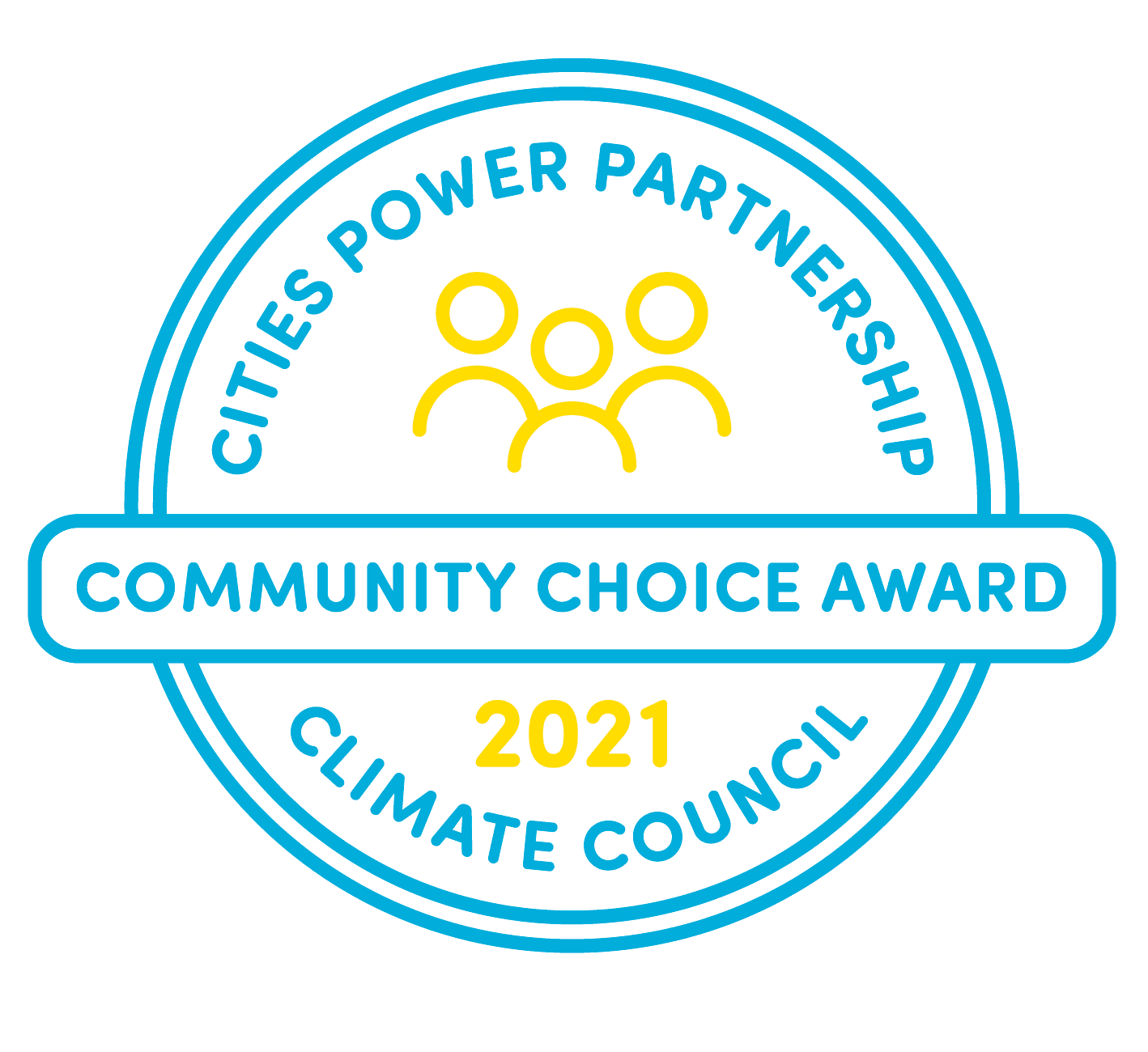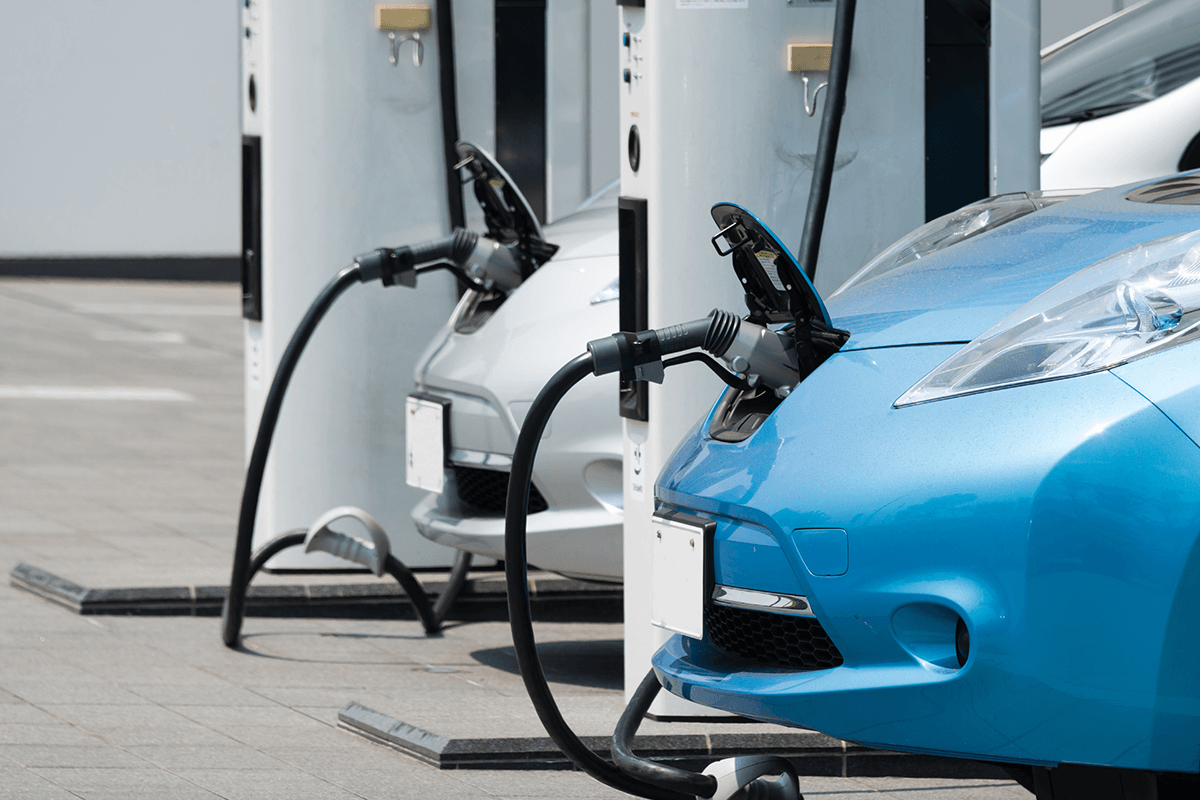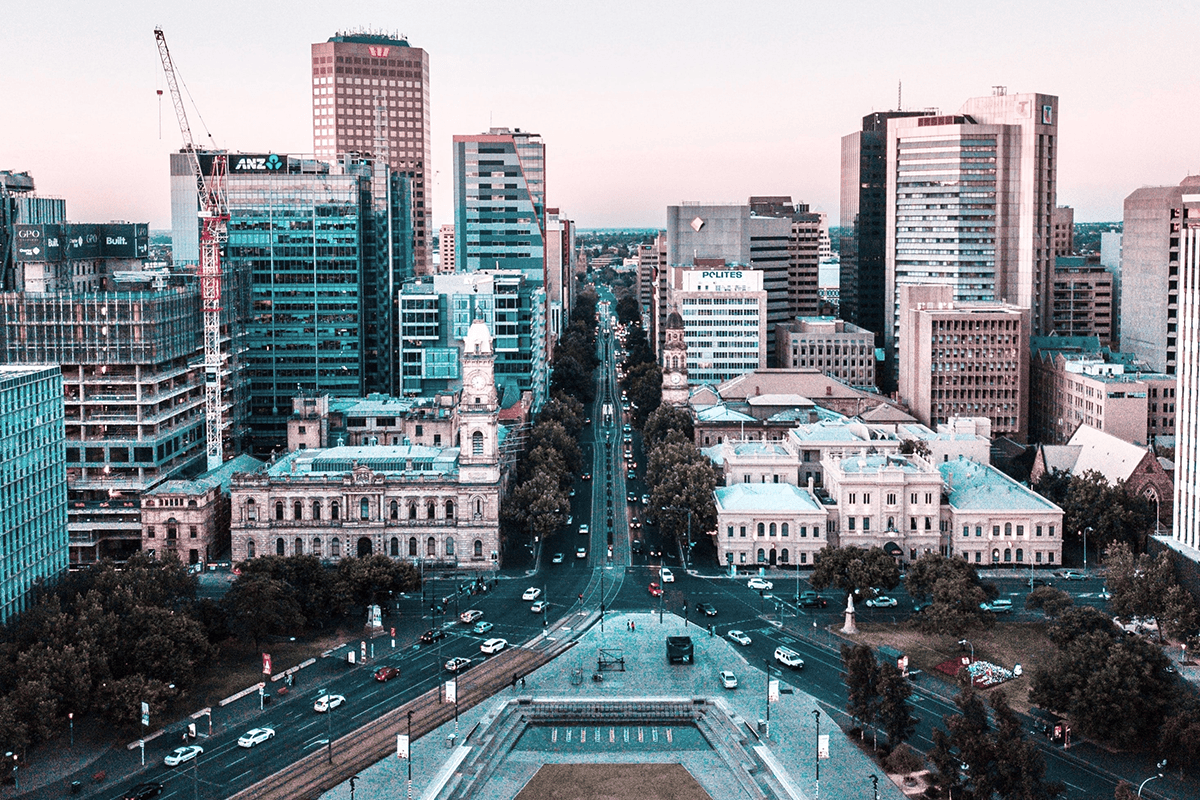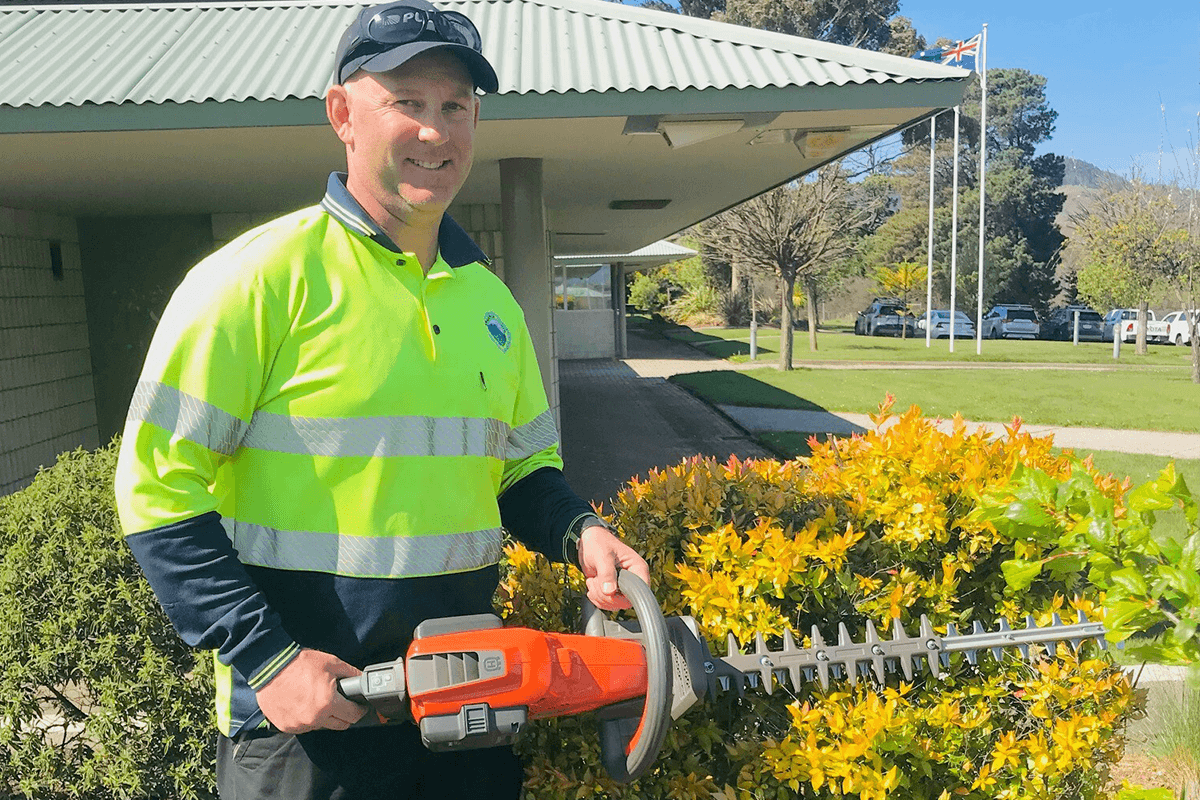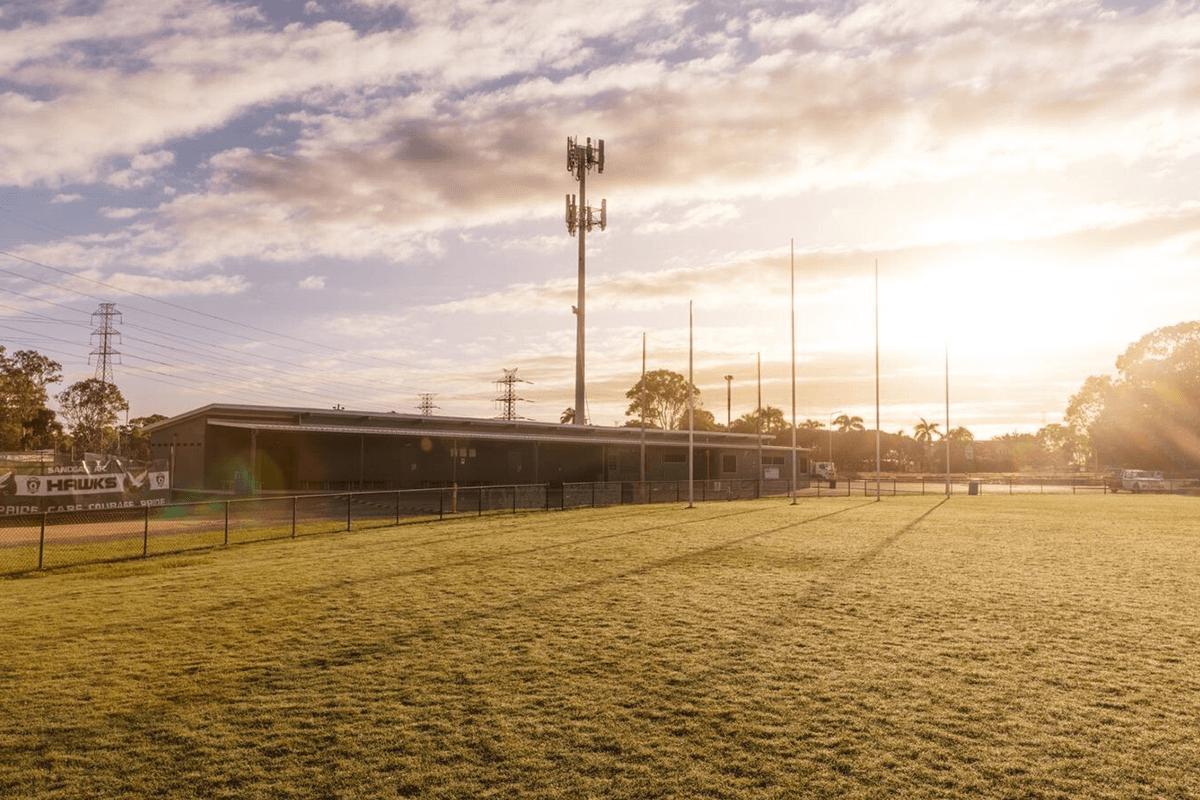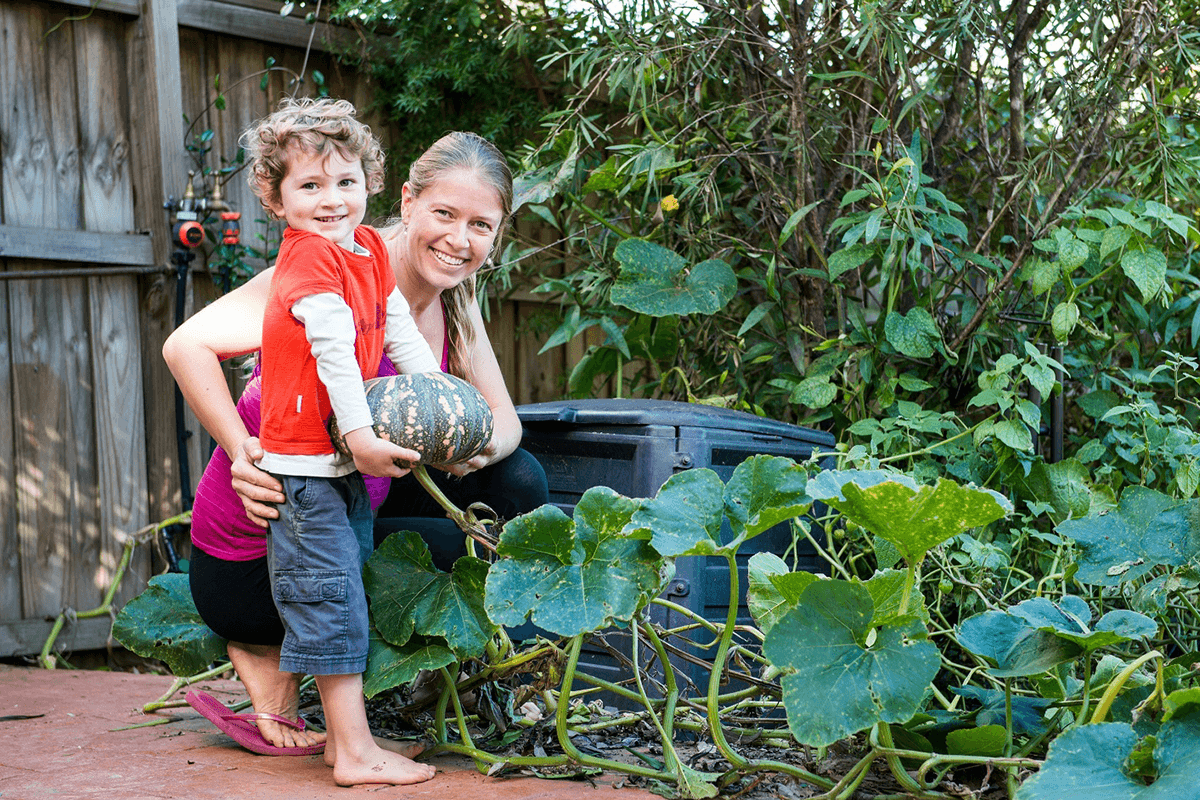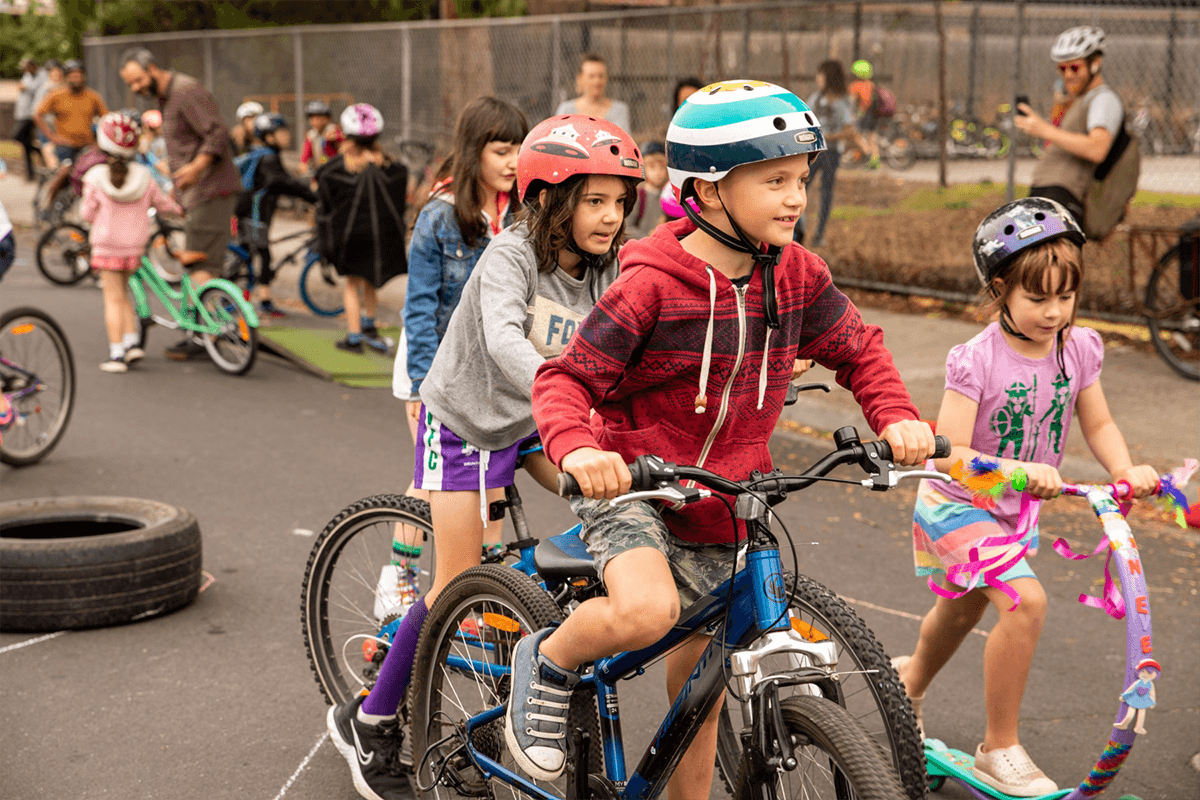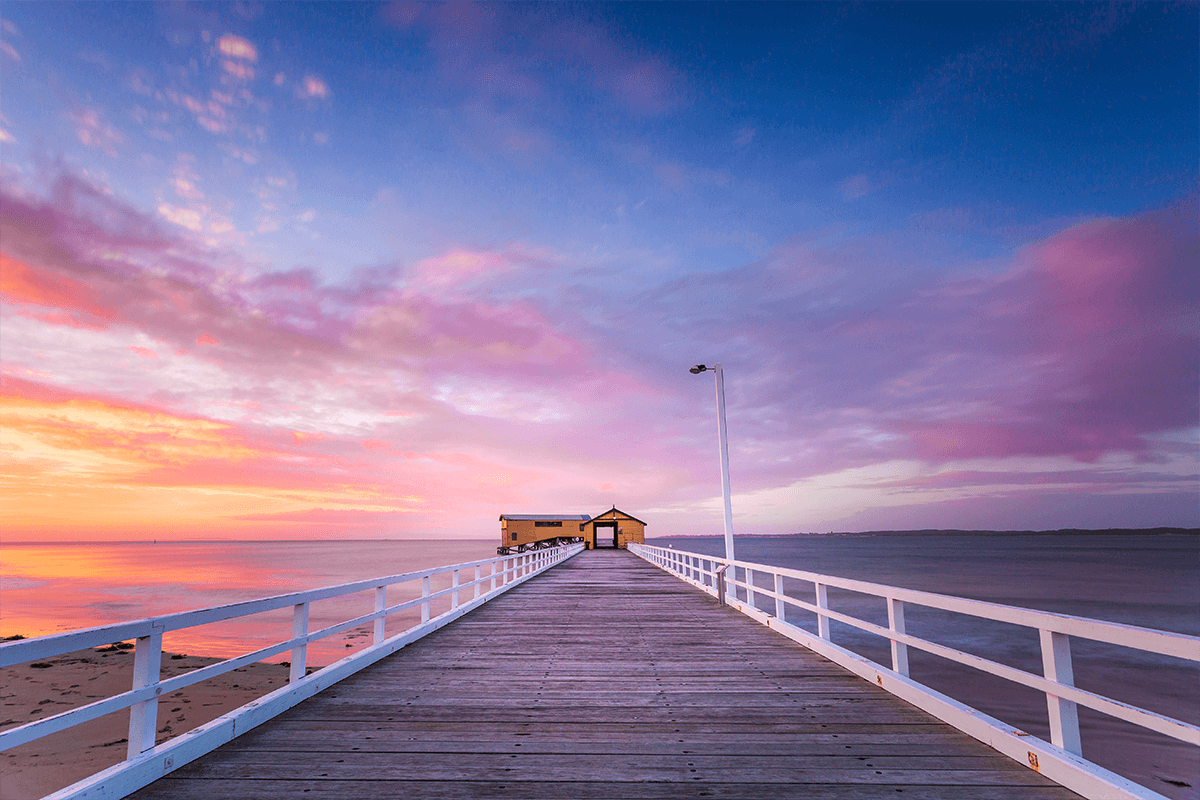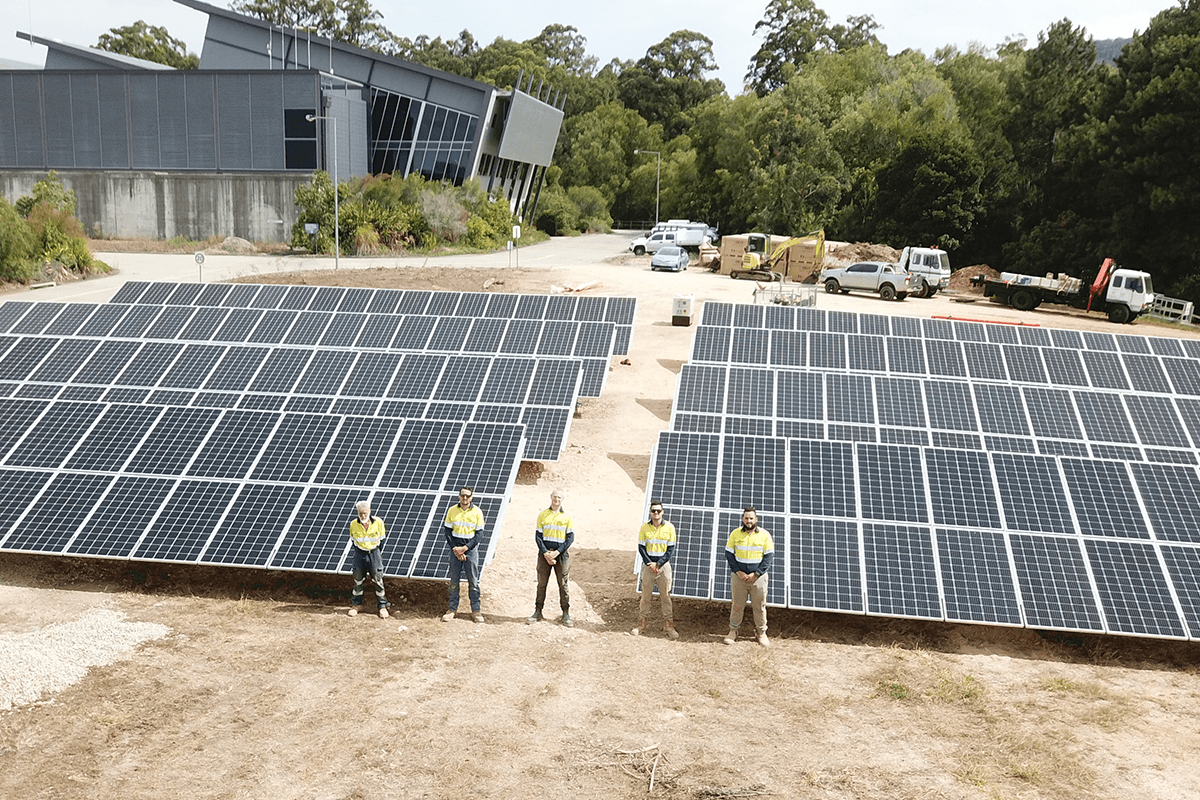Which town or city in Australia has got the best and brightest clean energy project going? We need you to help us decide!
The Cities Power Partnership Climate Awards draw entries from our member councils all over the country vying for top honor in categories like Innovation, Ambition, Renewable Energy, Collaboration, Energy Efficiency and Sustainable Transport.
This year, we want to get our awesome community of supporters involved in the awards, so we’ve launched the Community Choice Award, where you have a say in which council project should be recognised.
Voting now closed
ACT Government
Zero Emissions Fleet Transition
The ACT has been a leader in emissions reduction initiatives for years now, with many of their targets consistent with the Paris Agreement. No small feat! Their Sustainable Transport entry, a plan to transition the entire ACT government fleet to zero emission vehicles, has many commendable initiatives, including:
- Investing in 20 hydrogen vehicles and the first public hydrogen refuelling station in Australia
- Electric truck and bus trials
- A plan to transition the bus fleet to zero emissions vehicles
- A plan to roll out 50 electric vehicle fast chargers by June 2022
- Ordering Australia’s first electric fire truck, due for delivery in 2022
City of Adelaide, SA
Sustainability Incentive Scheme
Community emissions are one of the most difficult aspects of emissions reduction for local governments to tackle. The City of Adelaide is meeting the challenge head on by implementing its Sustainability Incentive Scheme, just one part of their bold plan to move the community toward carbon neutrality as quickly as possible.
The scheme offers financial incentives to households and businesses to adopt sustainable technologies like solar systems, energy storage systems, LED upgrades, energy monitoring systems, EV chargers, apartment upgrades, rainwater tanks, building ratings, carbon neutral certifications and more.
As of September 2021, the scheme has supported over 630 projects by businesses and households (around 62% of recipients are householders), with co-funding provided by the State Government. The City of Adelaide was certified carbon neutral in FY 2019/2020.
Brighton Council, TAS
Electric Tools Replacement
Brighton Council’s diesel/petrol based maintenance tools (hedge trimmers, chainsaws, air blowers) were due for an upgrade. Instead of repurchasing polluting tools, a leading depot staff member proposed a switch to electric equipment to align with Council’s goal to be a leader in mitigating and planning for climate change. After funding was secured, the crew successfully trialled the electric equipment and have since continued to change over more of the council’s equipment. What’s more, all equipment is being recharged with clean energy from the solar panels on top of Council’s depot.
Switching to low emissions equipment is not well adopted across councils, considering the barriers to technology substitution, such as brand preferences and institutional and cultural barriers. So this small switch is not only reducing emissions, but is also improving the health and wellbeing of workers from a reduced exposure to polluting fumes. If councils across Australia were to do the same switch to all electric hand outdoor maintenance equipment, the savings would be significant.
Brisbane City Council, QLD
Resilient Clubs Support Program
We all know how cherished sports clubs are in Australia! Brisbane City Council is making sure their clubs are as sustainable and efficient as possible. Launched in December 2020, the Resilient Clubs Program helps to ease the financial pressure on clubs while making them cleaner and greener.
The initiative supports more than 180 community organisations that lease facilities from Council to optimise their energy and water use. Improving energy and water use can reduce costs to the club over the long-term (such as bills, maintenance, and repairs), as well as improving the value that clubs get from their energy and water spend.
The Resilient Clubs program is expected to reduce annual greenhouse gas emissions by over 700 tonnes of CO2 equivalent every year.
Ku-ring-gai Council, NSW
Community SMART Programs
Ku-ring-gai Council in Sydney’s northern suburbs has over 16,000 households living next to bushland, providing a front row seat to changes in climate. In Council’s own words, “reaching net zero is daunting for a community to rationalise into daily lives,” so they have broken down the actions into areas such as Water Smart, Energy Smart, Smart School, Bushfire Wise, etc. This makes it easier to communicate and educate residents about tackling community emissions.
With growing urgency around emission reduction, Ku-ring-gai is empowering their community to take action by providing access to support from council experts and targeted rebates. Over the last three years, the SMART programs have enabled participating residents living in single and multi-unit homes to reduce their annual emissions on average by an impressive 8.7% (1,363 tonnes Co2e) per annum.
Moreland City Council, VIC
Moreland Open Streets
Moreland City Council, in partnership with Bicycle Network and Brunswick East Primary School, recently trialled the first timed street closure to cars outside school gates in Australia, called Open Streets. Modelled off the ‘School Streets’ initiative in the UK, the trial involved a street closure to motorised traffic during drop-off and pick-up times over three days outside the school gates, ‘opening’ the street exclusively to sustainable modes of transport, such as walking, scooting and cycling.
Borough of Queenscliffe, VIC
Community-Led Climate Emergency Response Plan
Victoria’s smallest council punches above its weight in climate action. The regional Victorian borough committed to deliberate engagement with the Queenscliffe Climate Action Group, a local climate group, collaborating intensively to co-develop council’s Climate Emergency Response Plan. Together, they have come up with a long term and far reaching plan to transition to a Zero Carbon Community by 2031.
The best part is, the plan has the support of the community because they played a huge role in designing it. The collaboration has shown what is possible when council and residents work together in an open, respectful and forward thinking way.
Tweed Shire Council, NSW
Renewable Energy Action Plan: From targets to action
Tweed Shire’s website spells out how climate change is going to impact their region: increased number of hot days, decreased number of cold nights, longer fire season, drier winters and wetter autumns and springs, increased likelihood of floods, loss of local biodiversity and proliferation of exotic plant, animals and insects – among many other changes.
With this local knowledge and the IPCC report as a guide, Tweed Shire is acting on climate change one step at a time. Council adopted their Renewable Energy Action Plan in October 2017, which mapped out three phases of energy projects to reduce Council’s corporate greenhouse gas emissions from grid electricity.
In addition to delivering over $2.5M savings in electricity costs, Tweed has demonstrated to its community that tangible steps to reduce emissions can be cost-effective. Regular communications have shared progress with the community.
Remember to attend the Awards Ceremony on Wednesday, November 17 at 4PM AEDT, hosted by Craig Reucassel. Craig will announce the winner of the Community Choice Award on the night. Register here!
Read more detail about our finalists here:
- Zero Emissions Transition Fleet – ACT Government
- Sustainability Incentive Scheme – City of Adelaide, SA
- Electric Tools Replacement – Brighton Council, TAS
- Resilient Clubs Support Program – Brisbane City Council, QLD
- Community SMART Programs – Ku-ring-gai Council, NSW
- Moreland Open Streets – Moreland City Council, VIC
- Community-led Emergency Response Plan – Borough of Queenscliffe, VIC
- Renewable Energy Action Plan – Tweed Shire Council, NSW
